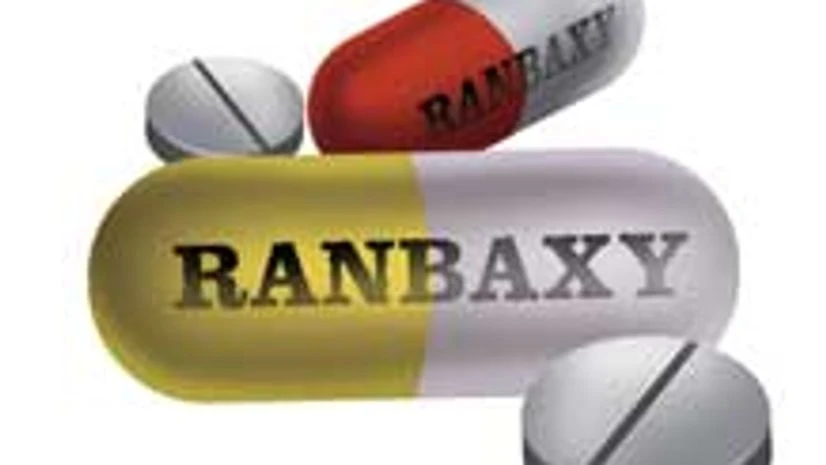Ranbaxy, which lost launch-on-exclusivity for gastrointestinal drug Nexium generic in the US market on Tuesday, disappointed the Street on Wednesday with lower-than-expected December quarter earnings. Sales from all major geographies were below expectations, with those in the US disappointing the most. While the Street had expected exclusivity sales of anti-hypertensive drug Diovan generics to contribute about $120 million (Rs 744 crore) in the quarter, analysts say the contribution was much lower. Therefore, compared with Ranbaxy's Rs 910-crore sales in the US in the December 2013 quarter, the US accounted for only Rs 821 crore in the quarter ended December 2014.
Growth in Russia and other emerging markets also took a toll due to local currency devaluations. East Europe and countries in the Commonwealth of Independent States, which had recorded sales of Rs 461 crore in the December 2013 quarter, contributed Rs 372.5 crore during the December quarter due to adverse currency movements. The contribution of the associated pharma ingredient business fell to half (Rs 71.1 crore) from Rs 140 crore in the December 2013 quarter, owing to the US Food and Drug Administration's restrictions on its Toansa plant.

On Wednesday, the Ranbaxy stock closed more than a per cent down at Rs 699.75; Sun Pharma, too, came under pressure, losing half a per cent. The merger of Ranbaxy and Sun Pharma is in its final stages. One will have to track Sun Pharma's support to the Ranbaxy stock. Some analysts feel both stocks will correct somewhat, considering Ranbaxy's dismal performance, while others say Sun Pharma's results, a few days away, will be crucial. Sun's prospects remain firm and the merger is likely to lead to a turnaround in Ranbaxy's prospects. Corrections could lead to an entry point for medium-term investors, say analysts.

)
